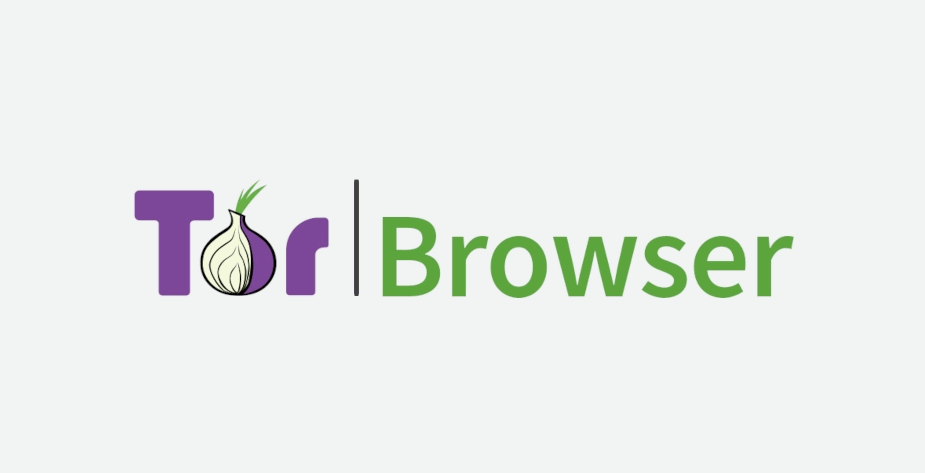Hiding Your IP Address – How to Do It Easily
Protecting personal information online is increasingly becoming very important because of the sheer amount of personal and financial online transactions. From paying bills online to dating, everything can be done online and personal information could be tracked, traced and used illegally without proper protection. While there are default security features in browsers, computers, mobile phones and apps, an added layer of protection should be helpful.
Fortunately, there are multiple methods available that can help enforce personal security and privacy online. These are worth considering for anyone concerned about privacy and security.
Browser Based Privacy and Security
A simple and effective method in practicing privacy and security online is to use the right browser. The most popular browser that puts privacy as its primary function is TOR (The Onion Router) Browser. The biggest advantage of TOR is the fact that it can help hide the user's IP address. According to Avast, the browser uses a very elaborate system that enables utmost privacy to their users as it uses thousands of network relays specifically for privacy.

While using TOR is a smart idea for privacy, it comes with a few disadvantages. Among them is the reputation of TOR for its alleged role in dark web activities. There are also network administrators and websites that actively block the browser because of its reputation. Users will also experience a reduction of internet speed through the browser.
The Proxy Server Option
Another smart option for privacy and protection is to use a proxy server. In gist, this type of security works as a "middle person" between the internet and the device. This is an ideal option for basic browsing since it can help shield the actual IP address of the user from unnecessary tracking. There are websites that offer this type of service for free - users just enter their target website and select the preferred proxy server location to access the website privately.
For a more robust protection, a proxy server can be used on a router so that it can provide privacy to the entire network. This will require additional configuration and could be challenging for those unfamiliar with basic network configuration. When properly configured, a proxy server on a router could provide privacy to every device connected to the network.
Using a VPN
A Virtual Private Network or VPN is one of the most effective tools for online privacy. It works by encrypting a connection between the user and the website he is trying to access. Because it encrypts the connection, the actual location of the user cannot be determined. It also shields the user's actual IP address by providing a different IP address which usually depends on user configuration.
The beauty of VPNs is the fact that they are relatively simple to set-up. VPN providers also offer paid versions of their services that come with added services without affecting the subscriber's internet speed.
Complementing the ability to shield their users from tracking through encryption, VPN providers also offer "double VPN" services which increase the layer of connection encryption. A user can also subscribe to a dedicated IP address from their VPN provider which helps in maintaining the original internet speed. More often than not, VPN users share a single IP address depending on location which could affect the internet speed due to the traffic to the specific IP address. A dedicated IP address should address that problem. VPN providers also offer secured servers dedicated to file sharing called P2P Servers.
Enforce online privacy in your devices with these privacy options. From privacy focused browsers to VPNs there is always an option for those who are serious about their privacy online.
Posted on